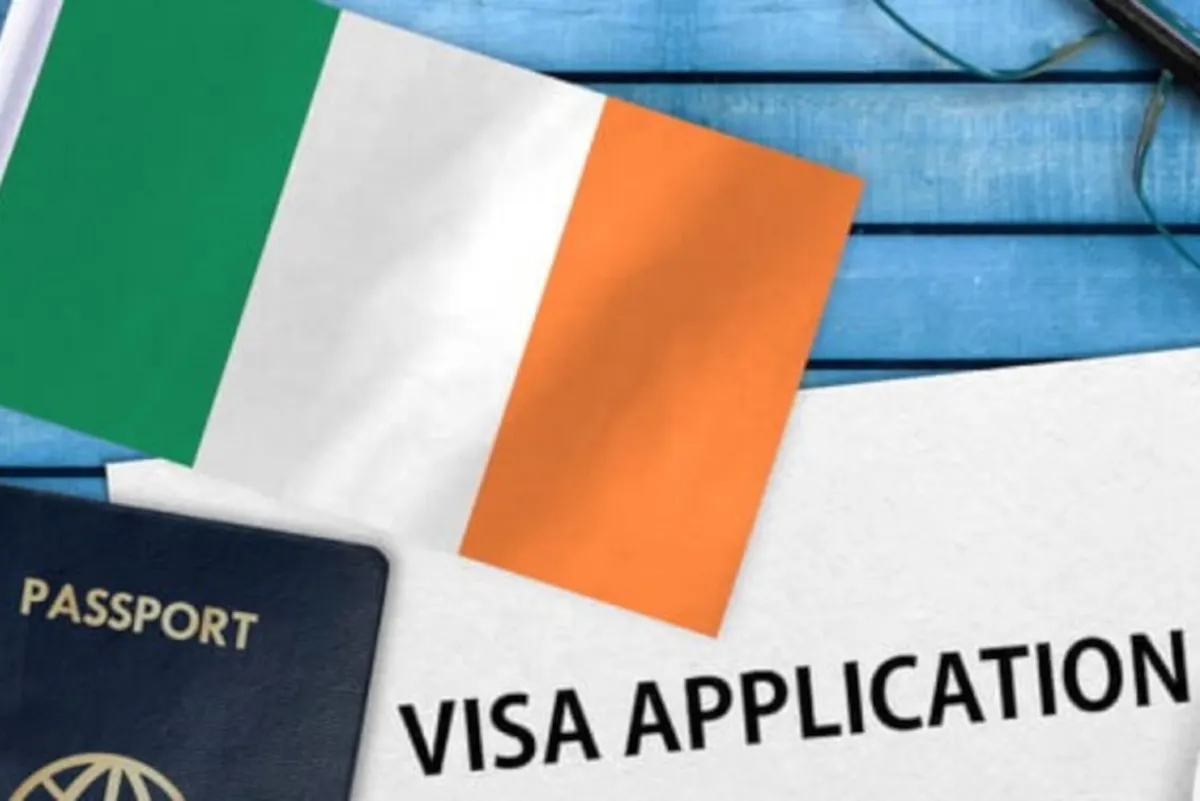
South African asylum seekers in Ireland face deportation
South Africans in Ireland are resisting deportation after authorities rejected their asylum applications amid rising backlash against illegal immigrants.

Irish authorities are deporting a group of South Africans on state benefits after raising issues with their asylum applications.
Reports say the government has rejected thousands of applications in its bid to stop international protection for “those who are not entitled to it.”
Asylum seekers in Ireland receive housing, daily living allowances, and access to education and healthcare.
Officials have described them as a “burden” to the state.
ASYLUM SEEKERS IN IRELAND: ‘NO FUTURE FOR WHITE PEOPLE IN SA’
In a Carte Blanche feature, Irish authorities threatened two families with deportation.
The Rademeyrs arrived in 2022 and the Pinards in 2023. Two family members applied for work permits after long processing delays, leading to their benefits being seized. Other relatives remain in state housing reserved for asylum seekers.
However, the Irish government reportedly ruled that their asylum applications lacked evidence proving they are unsafe in their home country. The families have since appealed the decision but still face possible deportation at any moment.
Yolinda Pinard told the investigative show, “I won’t go back to South Africa. They assaulted me. I was nearly raped – and that was my last straw.
“There is too much going on at home, too much crime, and I won’t be able to handle that.”
Her unemployed son, Arend Pinard, said of being accused of being a “burden” on the government as an asylum seeker: “I would be angry as well. I never wanted to live off the government and live in their accommodation.
“That wasn’t my plan. I wanted to start working and contribute to the country, and live in my own house.
Angelique Rademeyr – who wants to bring all six of her children to Ireland – added: “I feel there is no future for us [in South Africa]. Especially for the white people”.
DEPORTATION AFTER ASYLUM REJECTION
The South African families in Ireland said authorities served them with a deportation order, which they are now appealing.
In the meantime, they must report to the local police station to secure a stay of execution.
The new Irish coalition government has deployed more police officers to enforce the deportation of illegal immigrants and asylum seekers whose applications were rejected.
The Irish Examiner reported that authorities have rejected over 80% of asylum applications.
‘TOO MANY PEOPLE ARE COMING TO IRELAND’
Minister of Justice Jim O’Callaghan has stated that “too many people are coming to Ireland seeking international protection who are not entitled to it”.
He said earlier this year: “People who are really suffering from that, of course, are the people who are legitimately entitled to claim it, who may not be provided with accommodation because of the numbers that are coming in.
“In order for it to be given effect, we have to have a procedure which recognises that if you come in and you’re granted international protection, you stay, you’re welcome.
He added: “People coming to Ireland must follow the appropriate pathways for legal migration. And these pathways must be adhered to and protected for our immigration system to work fairly and effectively. If a person’s application for international protection is refused and they are ordered to leave the state, they must do so”.
The Telegraph reports that anti-immigration protests from angry Irish citizens have turned into civil unrest, which was last seen during the country’s Troubles.
HOW MANY SAFFAS LIVE IN IRELAND?
According to many immigration agencies, Ireland is home to around 16 000 South Africans, likely including asylum seekers.
Job skills in sectors like engineering and construction, IT, finance, and security are in high demand.
